A ridiculously charismatic brawler with roughly 30 years in the wrestling business, Thunderbolt Patterson was the promo blueprint for many southern babyfaces.
CAREER
Before entering wrestling Patterson worked for John Deere in his birthplace of Waterloo, Iowa. At 23 he was trained by AWA and NWA World Champion Pat O’Connor and made his debut in 1964 in the Kansas City territory. A tough looking heavyweight, Patterson was never considered the most technical wrestler in the ring but could throw fists against a variety of opponents. This served him well as he headed to Texas for the Amarillo territory, ran by the Funk family—known for two NWA World Champions in brothers Dory Jr. And Terry Funk.
Thunderbolt Patterson made Amarillo a base territory for some time and began showcasing his gift of gab on the microphone. His work would be an inspiration to wrestlers such as future NWA World Champion and booker “The American Dream” Dusty Rhodes, “Boogie Man” Jimmy Valiant, Blackjack Mulligan, and many others. His promos drew from the delivery and cadence of Black Southern pastors among others.
While he would team with Rhodes in the future and Rhodes would wrestle as a heel (bad guy) in the Texas area for a period, Thunderbolt Patterson played a cocky, brawling, sharply dressed heel to perfection. This was a time when Black babyfaces were popping up in the southern territories.
Knowing the South in the 1960s and 1970s, he kept to the heel role and became a prime opponent for White babyfaces throughout the region.
He would continue wrestling in the 1980s before slowing down in the early 1990s. Patterson retired from the business in 1994 as a manager to wrestler Ice Train in World Championship Wrestling.
AS A CHAMPION
Thunderbolt Patterson was typically in the TV Title (often the second most important title in a territory), Brass Knuckles (a title promoting more violent, brawling type bouts), and Tag Team circles. He got some opportunities at the higher titles in promotions and won several regional Heavyweight belts.
When pushes and opportunities weren’t plentiful—especially for wrestlers like himself who could talk crowds into a frenzy and make people sympathetic or side with the babyface—he was often displeased with the way things were going.
ACTIVISM IN WRESTLING
Patterson has spoken out on racism in wrestling while active. There are some historians and people in the business who contribute this to Patterson never getting an opportunity while others point to Patterson being vocal or uncooperative. By Patterson’s own account he says Dory Funk Sr. Backed him at least one instance of speaking out about this.
He has also been vocal about the treatment of women in wrestling during the early 2000s. Patterson talked about it during a show in Atlanta, Georgia in late 2002.
Thunderbolt Patterson attempted to get a union in wrestling. Since promoters controlled things and blackballing happened to be highly effective it didn’t have heavy support.
Patterson continues to be involved in wrestling throughout Atlanta. He is also an ordained minister.
SOURCE
-http://articles.orlandosentinel.com/2000-01-07/entertainment/0001060291_1_thunderbolt-patterson-championship-wrestling-wrestling-association
-http://slam.canoe.ca/Slam/Wrestling/2008/08/08/6392216.html
SELECTED VIDEOS
-vs. King Curtis (1976): https://www.youtube.com/watch?v=9OLEjoBFE3Y
-Interview with Ole Anderson (1985): https://www.youtube.com/watch?v=-W6HDQL1B08
-vs. Jim Pateruski (in Detroit): https://www.youtube.com/watch?v=5w2YeNKFKqg

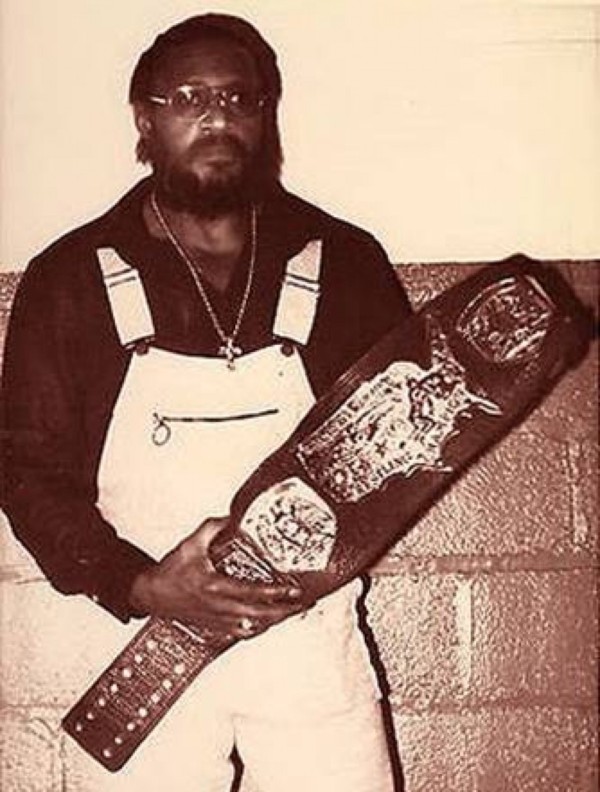



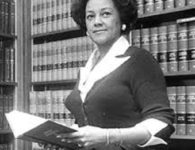
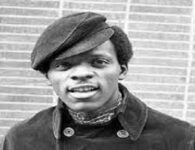
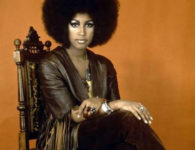
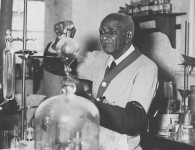

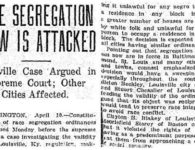
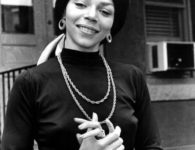
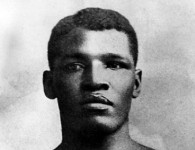
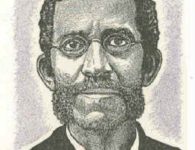
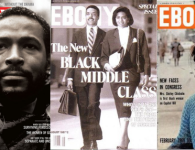
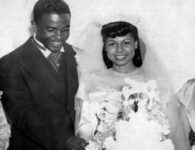



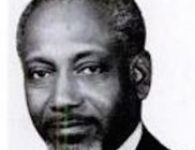

No comments